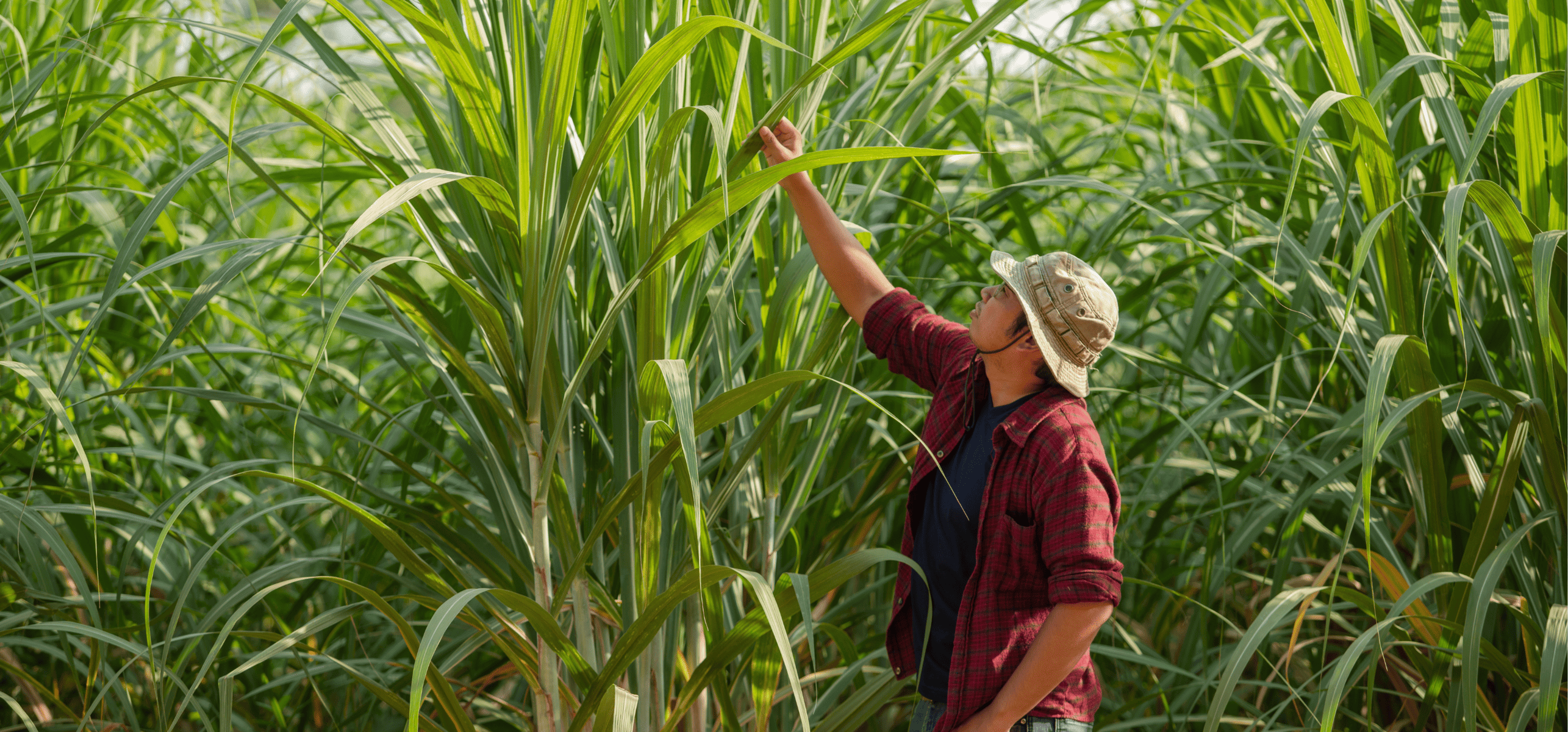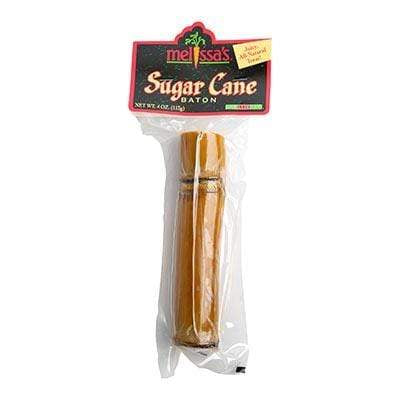Sustainable Sugarcane Products: From Sweeteners to Eco-Friendly Goods
The possibility of sustainable sugarcane items expands past typical sweeteners to incorporate a series of environmentally friendly products, providing an engaging case for their combination into modern consumer methods - sugarcane product. As the globe faces pushing environmental problems, sugarcane becomes a functional resource with the ability of attending to both dietary requirements and sustainability objectives. This conversation will check out exactly how innovations in sugarcane farming and handling can result in substantial developments in naturally degradable product packaging and eco-conscious textiles. What ramifications might these growths have for future customer selections and ecological influence?
Introduction of Sugarcane Sustainability
As the demand for eco-friendly items expands, understanding sugarcane sustainability becomes progressively important. Sugarcane, a functional plant, is grown mostly in exotic and subtropical areas, and its sustainability is essential for both ecological health and financial stability. Lasting sugarcane farming practices focus on lessening ecological impact while maximizing productivity and profitability.
Secret facets of sugarcane sustainability consist of effective land usage, lowered chemical input, and enhanced water management. Practices such as crop turning, integrated bug administration, and natural fertilization add to soil wellness and biodiversity. Furthermore, innovative innovations, such as accuracy farming, help enhance source use and minimize waste.
Moreover, sugarcane is a renewable energy, with by-products that can be used in various industries, from biofuels to eco-friendly plastics, thus minimizing reliance on nonrenewable fuel sources and decreasing carbon footprints. Qualifications like the Bonsucro conventional motivate sustainable practices across the supply chain, promoting transparency and responsibility.

Sugarcane-Based Sugar
Making use of sugarcane as a primary source, sugarcane-based sugar have gained importance as natural options to polished sugars and synthetic sugar (sugarcane product). These sweeteners, acquired from the removal and handling of sugarcane juice, use a variety of items that cater to diverse customer choices, consisting of natural and minimally refined alternatives
Raw walking cane sugar maintains even more of the natural flavors and nutrients found in sugarcane, making it a preferred choice for health-conscious customers. Panela, a conventional Latin American sugar, is generated by evaporating sugarcane juice, protecting its natural minerals and vitamins.
The growing demand for sugarcane-based sugar is driven by enhancing understanding of health and sustainability concerns connected with standard sugar. By picking sugarcane-derived items, customers not only sustain sustainable agricultural techniques however also contribute to a healthier lifestyle, straightening their dietary choices with their environmental worths.
Eco-friendly Packaging Solutions
Becoming a feasible alternative to standard plastics, biodegradable product packaging options obtained from sugarcane are transforming the product packaging sector. These cutting-edge materials provide an ecologically friendly option that resolves the expanding concerns over plastic pollution. Using the all-natural sugars discovered in sugarcane, producers are establishing numerous kinds of biodegradable product packaging, including movies, containers, and wraps that decay more rapidly than standard plastics.
The primary benefits of sugarcane-based packaging hinge on its sustainable sourcing and its ability to damage down into safe byproducts. Unlike fossil fuel-derived plastics, which can continue the setting for hundreds of years, sugarcane product packaging generally breaks down within a couple of months under appropriate problems. This decrease in waste not only mitigates garbage dump overflow but also reduces the carbon impact related to product packaging materials.
In addition, sugarcane-derived packaging preserves robust performance attributes, using similar durability and functionality to conventional choices. As organizations and customers increasingly prioritize sustainability, the fostering of eco-friendly product packaging solutions stands for a considerable step towards a circular economy, where materials are recycled and restored instead of thrown out. This change not just enhances brand image however additionally contributes to a much more sustainable future for the earth.
Eco-Friendly Textiles and Fabrics
Environmentally friendly textiles and textiles are obtaining grip in the fashion and home items sectors as consumers progressively demand sustainable choices to conventional products. Amongst the remarkable options are fabrics stemmed from sugarcane, which supply an ecologically liable alternative to synthetic fibers. These fabrics are produced with a procedure that uses the renewable energies located in sugarcane, significantly minimizing reliance on petroleum-based products.

As the market for lasting fabrics increases, consumers can look forward to cutting-edge designs that incorporate style with environmental duty. Ultimately, eco-friendly fabrics and fabrics represent a considerable step towards minimizing the fashion sector's ecological footprint while catering to the expanding need for accountable consumer options.
Innovations in Sustainable Farming
Revolutionizing farming techniques, technologies in sustainable farming are transforming the method crops are expanded and managed. These innovations concentrate on lessening environmental effect while maximizing efficiency and efficiency. Methods such as precision farming utilize data analytics and satellite imagery to maximize source usage, ensuring that water, fertilizers, and pesticides are used only where required. This targeted technique not only lowers waste but likewise boosts plant returns.

Moreover, agroecology, which incorporates ecological concepts right into farming, advertises biodiversity and soil health and wellness. Practices such as crop turning, cover cropping, and intercropping foster resilient ecosystems that can stand up to parasites and climate variations - sugarcane product. Additionally, the usage of natural fertilizers and biopesticides adds to much healthier dirts and environments

Together, these innovations are not just reshaping the farming landscape but also adding to a more lasting future for sugarcane and other plants, straightening agricultural methods with environmental stewardship.
Conclusion
Sustainable sugarcane products stand for a considerable development in eco-friendly alternatives, extending from all-natural sugar to eco-friendly items. As consumer choices increasingly lean website here towards sustainable choices, the convenience of sugarcane as a renewable source comes to be progressively relevant.
The capacity of lasting sugarcane products extends beyond conventional sugar to encompass a range of environment-friendly products, presenting a compelling case for their integration into modern-day consumer methods. Sustainable sugarcane farming techniques concentrate on lessening ecological influence while making the most of performance and earnings.
Lasting sugarcane items represent a considerable development in environment-friendly choices, extending from natural sweeteners to biodegradable items. The cultivation of sugarcane via sustainable Discover More Here methods not only enhances ecological wellness but also contributes to financial viability. As consumer preferences progressively lean in the direction of lasting alternatives, the flexibility of sugarcane as a sustainable resource ends up being increasingly relevant.